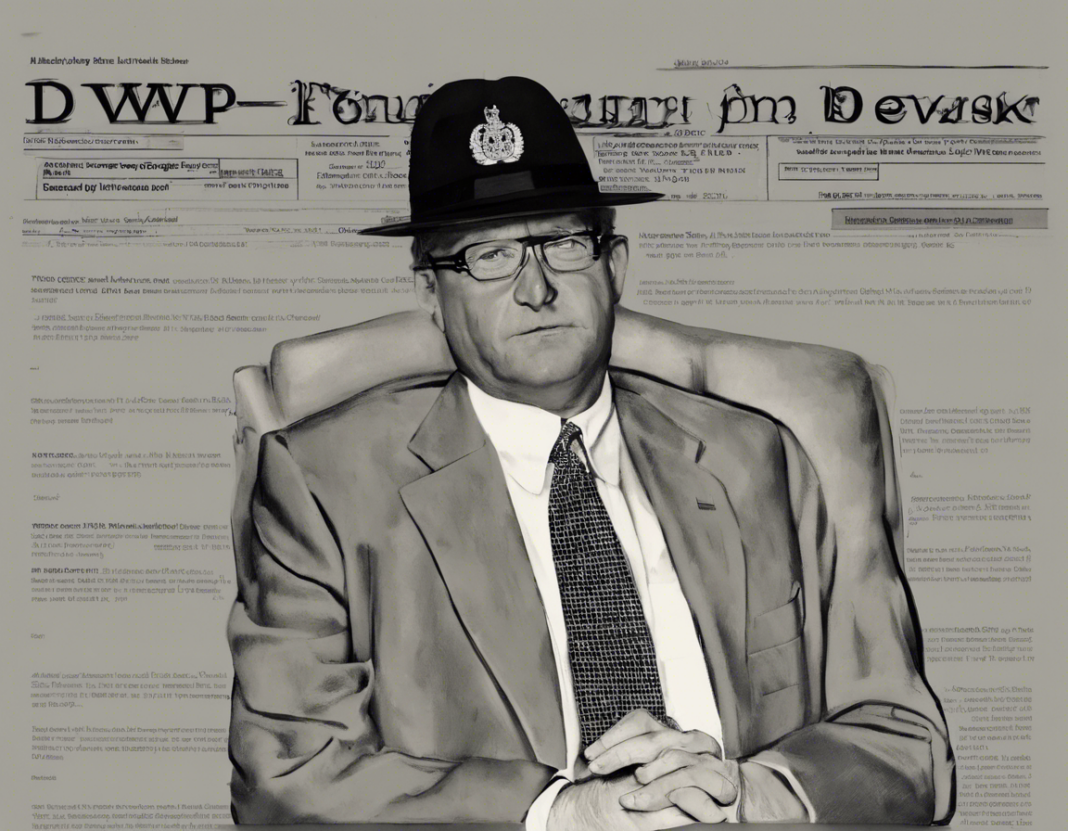Millions of individuals across the United Kingdom rely on benefits provided by the Department for Work and Pensions (DWP) for financial support. However, recent reports suggest that the DWP owes an astonishing £500 million in underpaid benefits to thousands of claimants. This revelation has sparked concern and confusion among many regarding the impact on individuals and what steps can be taken to rectify the situation. In this comprehensive guide, we will delve into the details of the DWP owing £500 million in underpaid benefits, explore the reasons behind this issue, discuss its implications, and provide clarity on what affected individuals can do to claim what is rightfully theirs.
Understanding the Issue:
Underpayments of benefits by the DWP have been a long-standing problem affecting a significant number of claimants. The department is responsible for administering various benefits such as Universal Credit, Personal Independence Payment (PIP), Employment and Support Allowance (ESA), and State Pensions, among others. Unfortunately, errors in the calculation and administration of these benefits have led to thousands of individuals being underpaid over the years.
The DWP’s failure to accurately assess claimants’ entitlements, changes in circumstances not being taken into account promptly, and inadequate communication with claimants are some of the primary reasons behind the underpayments. These errors have had a profound impact on the financial well-being of individuals who rely on these benefits for their daily living expenses.
Implications of DWP Underpayments:
The consequences of DWP underpayments can be severe for claimants. Financial hardship, inability to meet basic needs, increased stress, and anxiety are some of the immediate effects of not receiving the correct amount of benefits. Many individuals may have unknowingly accepted the underpayments due to a lack of awareness or understanding of their entitlements, further exacerbating the situation.
Furthermore, certain vulnerable groups, such as individuals with disabilities or long-term health conditions, who rely heavily on benefits for their care and support, may have been disproportionately affected by these underpayments. The failure to receive the correct amount of benefits can significantly impact their quality of life and access to essential services.
Recourse for Claimants:
If you suspect that you have been underpaid by the DWP, it is crucial to take action to rectify the situation and claim what you are owed. The following steps can help you navigate the process effectively:
1. Check Your Entitlements:
Start by reviewing your benefit award letters, payment statements, and any correspondence from the DWP to understand the benefits you are entitled to receive. Ensure that your personal and financial information is up to date to avoid any inaccuracies in benefit calculations.
2. Seek Advice and Support:
If you believe you have been underpaid by the DWP, consider seeking advice from organizations such as Citizens Advice, Turn2us, or Disability Rights UK. These organizations have experts who can assess your situation, provide guidance on your entitlements, and assist you in making a claim.
3. Contact the DWP:
Reach out to the DWP either by phone, in person, or through written correspondence to raise your concerns about underpayments. Provide any evidence or documentation that supports your claim, such as medical records, bank statements, or correspondence with the DWP.
4. Request a Review:
If you are dissatisfied with the DWP’s response or believe that your underpayment has not been adequately addressed, you can request a formal review of your case. This process allows for an independent assessment of your claim and can help resolve any discrepancies in benefit payments.
5. Consider Making a Complaint:
If you feel that the DWP has not treated your case fairly or has not rectified the underpayment issue satisfactorily, you have the right to make a formal complaint. The DWP has a specific complaints procedure in place to address grievances from claimants and ensure accountability in benefit administration.
Conclusion:
The revelation of the DWP owing £500 million in underpaid benefits underscores the systemic issues within the benefit administration system that have adversely affected thousands of claimants. It is essential for individuals to be vigilant about their entitlements, seek support and guidance when needed, and take proactive steps to address underpayment concerns with the DWP. By advocating for their rights and holding the DWP accountable, claimants can ensure that they receive the correct amount of benefits they are entitled to and avoid falling into financial hardship.
Frequently Asked Questions (FAQs):
- How can I check if I have been underpaid by the DWP?
-
Review your benefit award letters, payment statements, and contact the DWP for clarification on your entitlements.
-
What should I do if I suspect I have been underpaid?
-
Seek advice from organizations like Citizens Advice, gather evidence to support your claim, and contact the DWP to address the issue.
-
Can underpayments be backdated by the DWP?
-
In certain cases, the DWP may backdate underpayments to ensure claimants receive the full amount they are owed.
-
Are there time limits for claiming underpaid benefits from the DWP?
-
While there are time limits for challenging benefit decisions, underpayments can often be rectified retroactively.
-
What support is available for individuals facing financial hardship due to underpayments?
-
Local welfare assistance schemes, food banks, and charitable organizations can provide support to individuals experiencing financial difficulties.
-
Is there a specific process for claiming underpaid benefits for disabled individuals?
-
Disabled individuals can seek assistance from organizations specializing in disability rights advocacy for guidance on claiming underpaid benefits.
-
Are there ongoing efforts to improve benefit administration and reduce underpayments by the DWP?
-
The DWP has been implementing reforms and initiatives to enhance benefit calculations, improve communication with claimants, and address underpayment issues more effectively.
-
What documentation should I provide when raising underpayment concerns with the DWP?
-
Medical records, bank statements, correspondence with the DWP, and any relevant evidence supporting your claim can strengthen your case when addressing underpayments.
-
Can legal assistance be sought for challenging underpayments by the DWP?
-
While legal aid may be available in certain cases, individuals can also seek support from advocacy organizations and welfare rights services for guidance on challenging underpayments.
-
How can individuals ensure ongoing compliance with benefit regulations to avoid underpayments in the future?
- Regularly updating personal and financial information with the DWP, reporting changes in circumstances promptly, and seeking advice on benefit entitlements can help individuals stay informed and prevent underpayments.




